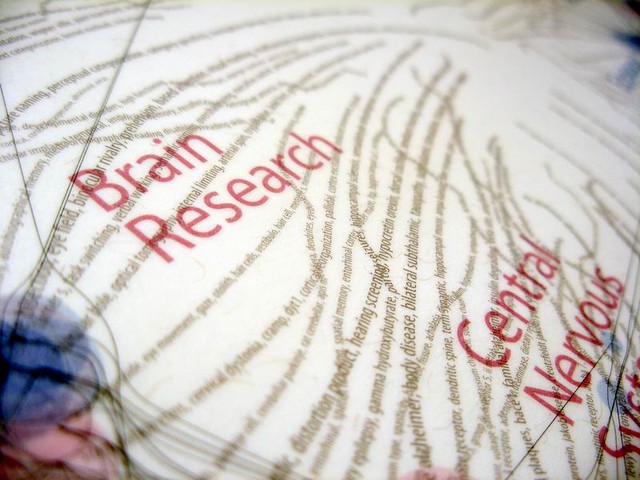Blogging Challenge Day 29
How have you changed as an educator since you first started?
Jamie-The longer I teach the more I understand the middle school student. I've done a lot of reading about the development of the brain and the role hormones play. I think middle school teachers sometimes forget how young middle school students really are in 6th-8th grades. Seriously, they've only been on this planet for 12-14 years--they're babies! With that said, I think that I have become more understanding and more patient. This age group needs a lot of help with executive functioning skills. So, I spend a great deal of time in my classroom talking them through how to break down assignments, how to write their homework down, and how to advocate for themselves when they need assistants. I take nothing for granted! Secondly, I have really embraced the whole concept of formative and summative assessments. I take the time to use formative assessments to gauge if I need to slow down or continue forward. When I first started teaching, I was more focused on getting through the curriculum versus whether or not my students were really learning anything. I am sure there are other things that have changed, but I feel these two things are the most important and have impacted my teaching the most.
Meg- Can you say formative assessment?! I have truly evolved in my teaching practice over the course of my nine year career. Without a doubt, the number one way in which I have changed is by really focusing on creating effective formative assessments and providing timely, specific, and targeted feedback to my students. I love the analogy of formative assessment being like taking a trip to the doctor as opposed to having an autopsy done after it is "too late". I tell my kids all the time that the formative assessments allow me to take their learning "temperature" so I can diagnose their learning problems and address any confusion as early as possible. If I don't utilize formative assessment effectively to inform my instruction and interventions, the students will fail their summative assessments (and then it's "too late" for them!). I also think more deeply about the types of feedback with which I provide my students so they will really be able to improve and grow. Take a look at this chapter from Susan Brookhart's book How to Give Effective Feedback to Your Students for some clear examples and ideas of providing timely and effective feedback to students.
Finally, when in doubt, look to Rick Wormelli for advice on utilizing formative and summative assessments. The video below provides a basic explanation of how to meaningfully use formative and summative assessments in a differentiated classroom.

No comments:
Post a Comment